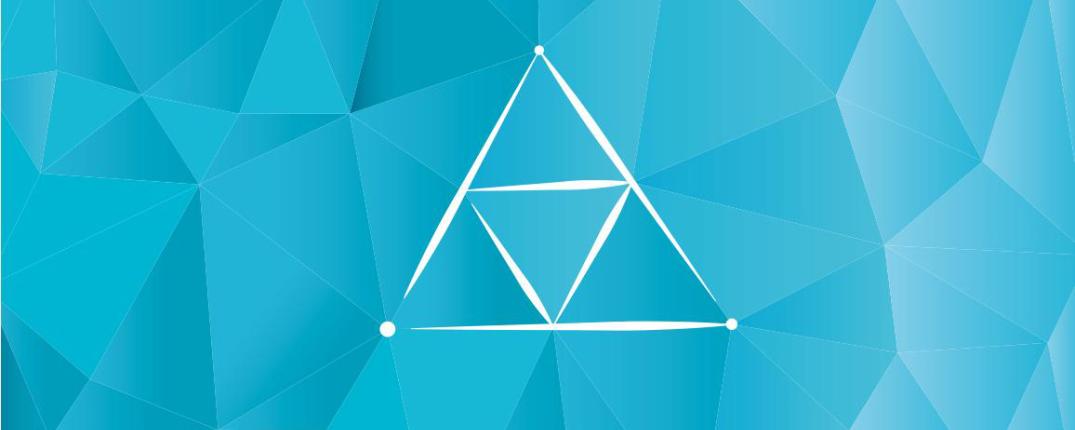
Developed by a team of sustainability experts, the AA1000 Stakeholder Engagement Standard (2015) aims to provide organisations with a comprehensive framework for sustainable engagement and accountability. It does so by guiding them towards effectively involving stakeholders and taking responsibility for their actions. AA1000SES has gained recognition for its effectiveness in driving positive change and fostering transparency. By adopting AA1000SES, organisations can strive for transparency, inclusivity, and responsiveness, creating a win-win for the organisation itself, and the community.
The roots of AA1000SES can be traced back to the early 2000s when the concept of sustainability gained prominence. As businesses began recognising the importance of integrating sustainability into their core operations, the need for a structured framework became apparent. The AA1000 Series filled this role as a set of principles and guidelines to support organisations in adopting sustainable practices. The AA1000SES (2015) standard, the second iteration of this series, focuses specifically on sustainable engagement and stakeholder accountability.
AA1000SES encompasses three core principles that form the foundation of sustainable engagement and accountability. The first principle, Inclusivity, emphasises the importance of involving all relevant stakeholders in decision-making processes. By ensuring diverse perspectives and voices are heard, organisations can gain a deeper understanding of stakeholder expectations and foster more meaningful relationships. The second principle, Materiality, encourages organisations to identify and prioritise issues that are most significant to stakeholders and the organisation itself. This enables targeted efforts and resource allocation for maximum impact. The final principle, Responsiveness, requires organisations to proactively address stakeholder concerns, feedback, and changing expectations, thus building trust and credibility.
AA1000SES (2015) also outlines a step-by-step process for implementing sustainable engagement and accountability within an organisation. It highlights the importance of defining clear objectives, identifying stakeholders, conducting materiality assessments, and developing robust communication channels. The standard stresses the need for accurate and transparent reporting, enabling organisations to measure and communicate their performance effectively. Additionally, AA1000SES encourages regular monitoring, evaluation, and improvement to ensure ongoing engagement and accountability.
AA1000SES (2015) offers several strengths that make it a valuable framework for organisations aiming to enhance their engagement efforts. Firstly, it facilitates effective stakeholder engagement, promoting collaboration, trust, and accountability among employees, customers, communities, and investors. Secondly, it emphasises transparency and disclosure, enabling organisations to engage effectively and foster informed decision-making. Furthermore, AA1000SES emphasises continuous improvement, offering a structured framework for goal setting, performance measurement, and identifying areas for enhancement. Its clear and prescriptive nature ensures organisations understand the necessary steps, and can implement them with a structured pathway.
However, like any standard, AA1000SES (2015) has certain limitations. Its comprehensive nature and detailed processes may appear complex, requiring significant time and resources to implement effectively. The holistic change needed may be difficult to implement efficiently for large organisations. Furthermore, as sustainability practices continue to evolve, AA1000SES needs to adapt to emerging trends and challenges to remain relevant.
Nonetheless, for developers, the adoption of AA1000SES (2015) can provide numerous benefits. Implementing this standard can help developers engage with local communities, environmental organisations, and other stakeholders to ensure projects are designed and operated responsibly. By demonstrating inclusivity, addressing material issues, and being responsive to stakeholder concerns, developers can enhance their reputation, gain community support, and contribute to the transition to a sustainable energy future.
In conclusion, AA1000SES (2015) offers a comprehensive framework for organisations seeking to integrate sustainable engagement and host community trust into their operations. By adopting this standard, organisations can effectively involve stakeholders, prioritise material issues, and respond to changing expectations. While it requires commitment and resources, the benefits, such as improved reputation, risk management, and stakeholder relationships, far outweigh the challenges. For wind energy developers, AA1000SES provides a roadmap to earn social licence to operate, foster collaboration, and ensure the success of their projects in a rapidly changing world.

